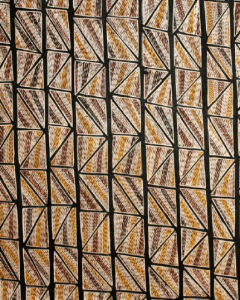
Early childhood education – preschool attendance among Indigenous 3-year-olds
Author/editor: Crawford, H & Biddle, N
Paper no: 8
Year published: 2018
There is much evidence of the benefits of 2 years of early childhood education, but relatively little research focusing specifically on the benefits to Aboriginal and Torres Strait Islander children. Australian governments are currently committed to providing universal access to early childhood…
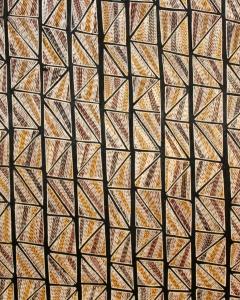
Employment outcomes
Author/editor: Venn, D & Biddle, N
Paper no: 5
Year published: 2018
This paper examines trends in the employment rate of Indigenous Australians and how these trends vary by demographic and geographic characteristics, with a particular focus on changes between 2011 and 2016. While overall growth in the employment rate was slow, there are wide disparities in…
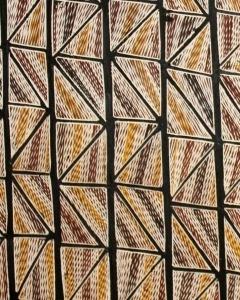
Income, Poverty and Inequality
Author/editor: Markham, F & Biddle, N
Volume no: 2
Year published: 2018
CENSUS Paper Income, poverty and inequalityThis paper uses data from the 2006, 2011 and 2016 censuses to analyse the distribution of income within the Indigenous population, and between the Indigenous and non-Indigenous populations. Particular attention is given to geographic variation in…
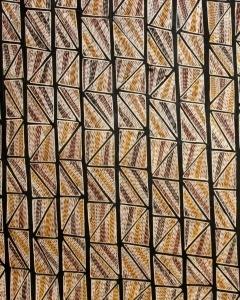
Indigenous residential segregation in towns and cities, 1976–2016
Author/editor: Markham, F & Biddle, N
Paper no: 4
Year published: 2018
Indigenous people tend to live in different parts of Australian towns and cities than the non-Indigenous population. This is due to a combination of historic and contemporary government policies, the agency of Indigenous people, and the constraints placed on residential location by the interaction…
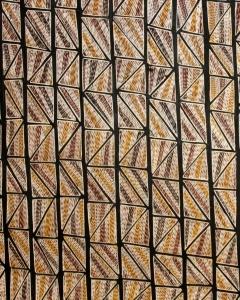
Indigenous youth employment and the school-to-work transition
Author/editor: Venn, D.
Paper no: 6
Year published: 2018
Data from the 2016 Census show that Indigenous youth (aged 15–29 years) are less likely to be employed or studying than their non-Indigenous counterparts. The employment gap between Indigenous and non-Indigenous youth increases in the years immediately following the end of compulsory schooling, and…
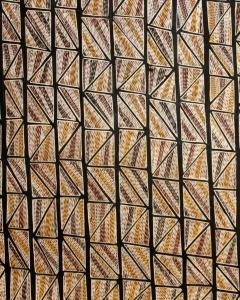
Post-school education
Author/editor: Venn, D & Crawford, H
Paper no: 11
Year published: 2018
This paper uses data from the Census of Population and Housing to examine trends between 2006 and 2016 in post-school educational attainment and participation among the Indigenous population. Indigenous vocational attainment increased considerably between 2006 and 2016. The gap in vocational…
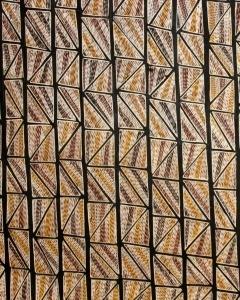
Preschool participation
Author/editor: Crawford, H & Biddle, N
Paper no: 3
Year published: 2018
Results of the 2016 Census show that, at a national level, the preschool participation rate among Indigenous children has increased substantially over the past decade. Furthermore, preschool participation rates for Indigenous and non-Indigenous children have converged over this period, most…